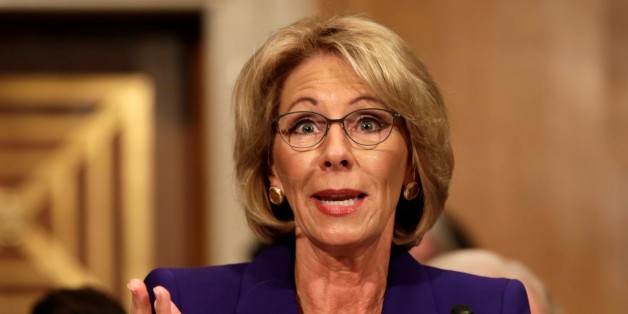A public school defender makes a case for the White House
While TN’s Gov. Bill Lee is busy cozying up to incoming President Donald Trump‘s terrible ideas, Kentucky Gov. Andy Beshear is making the rounds and making a strong case for a pro-public school President.
Beshear recently penned a New York Times OpEd proposing a way forward for national Democrats and then appeared on CBS’s Face the Nation and made the case that he could be the face and voice of that path.
Central to Beshear’s appeal in Kentucky is his vigorous defense of public education. He’s proposed boosting teacher pay significantly. He’s also been a vocal opponent of school vouchers – and Kentucky voters re-elected him by 5 points in 2023 and then rejected school vouchers by a 65-35 margin in 2024. They also voted for Trump by a 2-1 margin.
Beshear wins in a Trump +30 state because he defends local public schools. As he notes, he’s also a strong supporter of reproductive freedom and a defender of LGBT+ rights. By focusing on a “we’re all in this together” attitude, Beshear showing how Democrats can both advance a progressive agenda and win elections.
Support for public schools is a key element of that playbook.

MORE EDUCATION NEWS
What Do We Get for All This Testing?
Teacher Burnout Hits an All-Time High





